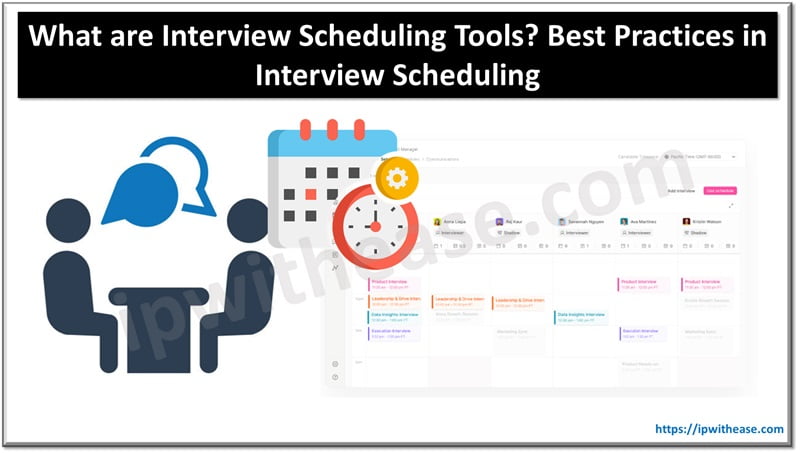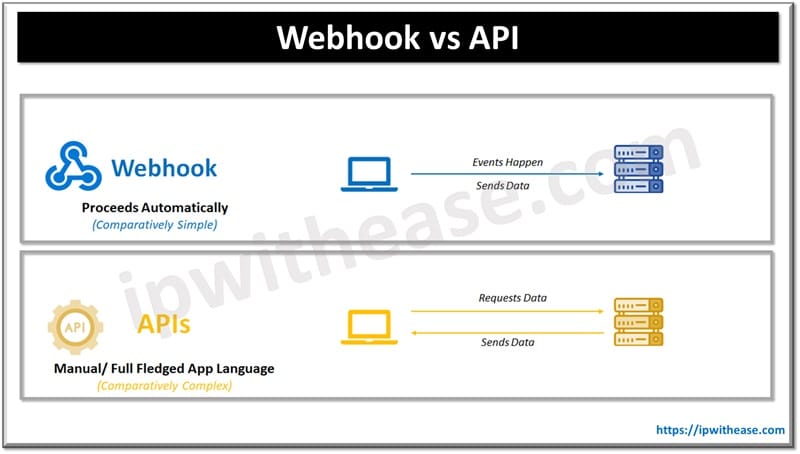Table of Contents
Interview scheduling is a crucial step in the hiring process. Efficiently managing this process not only saves time but also enhances the candidate experience and reflects positively on your organization. This article explores best practices and strategies for optimizing interview scheduling to streamline operations and improve hiring outcomes.

Importance of Efficient Interview Scheduling
Smooth interview scheduling is vital for several reasons:
- Candidate Experience: A positive scheduling experience can influence a candidate’s perception of your company.
- Time Efficiency: Efficient scheduling saves time for both candidates and hiring managers.
- Process Optimization: Streamlined scheduling contributes to overall process efficiency and faster time-to-hire.
- Reduced Administrative Burden: Automated scheduling tools can significantly reduce the administrative workload.
What are Interview Scheduling Tools?
Interview scheduling tools are software solutions designed to streamline the process of setting up interviews between candidates and interviewers. These tools help automate the scheduling process, reduce administrative workload, and minimize the back-and-forth communication typically involved in coordinating interview times.
Reltated: Interview Questions & Answers
Best Practices for Interview Scheduling
1. Use Automated Scheduling Tools
Automated scheduling tools, such as calendar integrations and scheduling software, simplify the process by allowing candidates to view available slots and choose their preferred interview times. These tools sync with the interviewer’s calendar, reducing the risk of scheduling conflicts and manual errors. For a comprehensive overview of the latest and most efficient interview scheduling tools available, exploring dedicated resources can provide valuable insights and options to enhance your hiring process.
2. Standardize Interview Slots
Establish standardized interview slots that align with the availability of your hiring team. This approach minimizes back-and-forth communication and ensures that interviews are scheduled promptly. Consider offering both morning and afternoon slots to accommodate different candidate preferences.
3. Communicate Clearly with Candidates
Provide clear and detailed instructions to candidates regarding the interview schedule. Include information such as interview duration, location (virtual or physical), and any preparation tasks. Clear communication sets expectations and reduces confusion.
4. Flexibility and Consideration
While standardization is important, maintain flexibility to accommodate candidates’ scheduling constraints whenever possible. This demonstrates respect for their time and enhances the candidate experience. Flexibility can also help in attracting top talent who may have busy schedules.
5. Send Automated Reminders
Automated reminders via email or SMS help candidates and interviewers stay informed about upcoming interviews. Reminders should include interview details, links for virtual meetings (if applicable), and any preparation tips. This reduces the likelihood of missed interviews due to forgetfulness.
6. Centralize Communication
Use a centralized platform or email thread to manage all communication related to interview scheduling. This ensures that all stakeholders have access to the latest updates and reduces the risk of miscommunication.
7. Delegate Responsibilities
Assign specific team members or roles to handle interview scheduling. Designating responsibilities ensures accountability and prevents scheduling conflicts. This approach also allows team members to specialize in managing this critical aspect of the hiring process.
8. Monitor and Optimize
Regularly review your interview scheduling process to identify bottlenecks or areas for improvement. Analyze metrics such as time-to-schedule and candidate feedback to optimize scheduling efficiency continually. Implement feedback loops to gather insights from both candidates and interviewers.
9. Integrate with ATS (Applicant Tracking System)
Integrating your interview scheduling process with an ATS streamlines data management and improves overall workflow efficiency. ATS platforms often include scheduling features that sync with candidate profiles, interviewers’ calendars, and hiring stages, providing a seamless experience from application to hire.
10. Provide Options for Virtual Interviews
Incorporate virtual interview options to accommodate remote candidates or situations where in-person meetings are impractical. Virtual interviews save time and resources while broadening your talent pool geographically.
Related: Career as a Security Pre-sales Consultant
Conclusion
Efficient interview scheduling is a cornerstone of successful hiring practices. By implementing best practices such as using automated tools, standardizing processes, and maintaining clear communication, organizations can save time, reduce administrative burden, and enhance the overall candidate experience. Continuous monitoring and optimization ensure that your interview scheduling process remains effective and aligned with the evolving needs of your organization and candidates. By prioritizing streamlined scheduling, companies can expedite the hiring process and secure top talent more effectively.
ABOUT THE AUTHOR
IPwithease is aimed at sharing knowledge across varied domains like Network, Security, Virtualization, Software, Wireless, etc.



